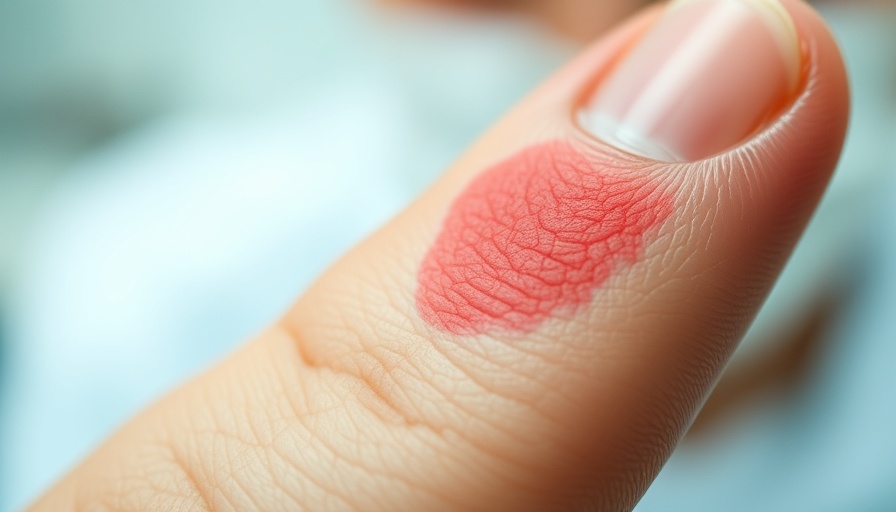
Understanding Skin Health and Common Concerns
The skin is the body’s largest organ, yet it often bears the brunt of neglect, environmental stressors, and the general malaise of health issues. One common condition that can arise on the skin is blackheads, particularly in sensitive areas such as the eyelids. These small, dark bumps occur due to the clogging of hair follicles with excess oil, dead skin cells, and bacteria. While they are often more a cosmetic concern than a medical issue, the appearance of a blackhead on the eyelid can provoke anxiety for many, indicating a need for dermatological insight.
In We spotted this blackhead on the eyelid of this wonderful patient that came in to see us!, the discussion dives into blackhead occurrences, uncovering insights that sparked deeper analysis on our end.
The Science Behind Blackheads on Eyelids
Blackheads, known scientifically as open comedones, signal a disruption in the skin's natural exfoliation process. They can appear anywhere on the body but are especially common on the face, where oil production is heightened. In sensitive regions like the eyelids, the presence of a blackhead can cause discomfort, irritation, or even lead to secondary infections if not treated appropriately. A thorough understanding of skin biology and microbiology can empower individuals to make informed decisions when seeking treatment.
When to Seek Professional Help: The Role of Dermatology
Regular dermatology consultations become crucial, particularly when dealing with unexplained rashes, persistent blackheads, or any concerning skin conditions. If blackheads on the eyelid cause irritation or if there's accompanying redness or swelling, it's wise to consult with a dermatologist. They can provide tailored treatment options, which may include acne treatments, skin rejuvenation techniques, or even mole removal if necessary.
Holistic Strategies for Skin Health
A multifaceted approach to skincare is vital for maintaining healthy skin. Here are some actionable insights for individuals:
- Education on Skincare: Understanding skin types and proper care is essential. This includes practices such as regular cleansing, moisturizing, and using sun protection to prevent damage.
- Seeking the Right Treatments: Whether it's for acne, eczema, or psoriasis, knowing the best therapy can make a significant difference. For example, effective eczema therapy can alleviate the issue of itchiness while managing flare-ups.
- Regular Dermatological Consultation: Establishing a rapport with a hives specialist or acne treatment professional can ensure ongoing care for chronic skin conditions.
Future Implications for Skin Treatments
Innovations in dermatology hold promise for the future of skin health management. Developments in teledermatology make it increasingly easy for individuals to access specialist care without the need for travel. As more people become conscious of their skincare regimes, the medical field is adapting, providing a wider range of treatments that address everything from cosmetic concerns to serious dermatological issues.
Final Thoughts
The prevalence of skin conditions like blackheads and rashes highlights the importance of dermatological awareness. Individuals concerned about the health of their skin should leverage available resources, from professional consultations to educational materials. This proactive approach not only alleviates immediate concerns but also fosters a comprehensive understanding of long-term skin health management.
 Add Row
Add Row  Add
Add 




Write A Comment